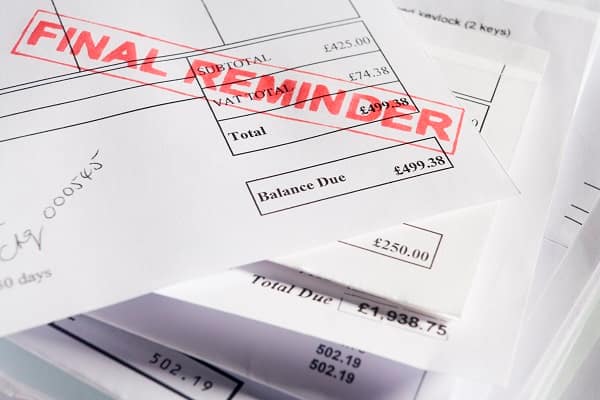Late payments continue to be a major problem for small and medium enterprises, especially in a fast-moving business environment such as Warrington. When cash flow is limited, business owners are pushed to make hard decisions – and it is usually at the expense of growth or stability. Collaborating with professional debt collectors in Warrington may be the last resort, but there are organized steps SMEs can take prior to avoid escalation.
Check the invoice and client details
Before contacting a customer, spend some time looking at the original invoice. Check for the accuracy of all figures, due dates, and recipient information. Miscommunication or clerical errors may at times cause a delay that can be corrected with a new copy.
Send a friendly payment reminder
If the deadline has passed, start a gentle reminder. A brief, polite message – preferably by email – can remind the client that the payment is yet to be received. Avoid assuming bad faith. Rather, use a professional tone to save goodwill.
Offer flexible payment arrangements
Some clients may be experiencing financial constraints of their own. Offering a temporary payment plan or extended terms can demonstrate goodwill and help recover the outstanding balance over time. This flexibility may prevent further disruption to the business relationship.
Follow up with a formal notice
When the initial approach goes unanswered, escalate communication with a formal letter. This notice should clearly outline the original invoice, reference any prior correspondence, and state the consequences of non-payment. Include a specific timeframe within which the client must respond or pay.
Keep accurate communication records
Each email, call, or letter should be documented. These records serve as crucial evidence if legal action becomes necessary. Maintaining a comprehensive log also ensures consistency in messaging and helps track the timeline of the recovery process.
Call the client directly
Sometimes a brief phone conversation resolves the issue more effectively than written messages. During the call, remain calm and factual. Clarify whether the delay is intentional, circumstantial, or due to administrative confusion. This interaction may reveal key details that help you proceed strategically.
Send a final demand letter
If weeks have passed without resolution, issue a final demand. This formal notice signals that legal proceedings or third-party recovery are imminent. Make sure the letter includes all relevant documentation and a final deadline for action.
Consider mediation or legal support
When internal attempts have failed, mediation may offer a cost-effective alternative to court. A neutral party helps facilitate communication and negotiate terms both parties can accept. This route is often faster and less combative than litigation.
Partner with a recovery specialist
Chronic failure to pay requires professional help. Debt recovery professionals are equipped with tools, systems and legal knowledge to carry out collection without undermining compliance. Working with a reliable agency can save internal resources and make the recovery more likely.
Know your legal rights
UK legislation establishes a basis for claiming late payment interest and compensation. Businesses are entitled to statutory interest and recovery costs under the Late Payment of Commercial Debts (Interest) Act. Knowledge of these entitlements can guide your tone and terms of your demands.
Be strategic, not reactive
Collecting overdue invoices doesn’t need aggression – it needs consistency, structure, and knowledge. Warrington’s SMEs can maintain their financial wellbeing by being reasonable and having clear documentation and decisive follow-through. When the in-house efforts run out of steam, professional intervention is not only a solution, but a smart business decision.

